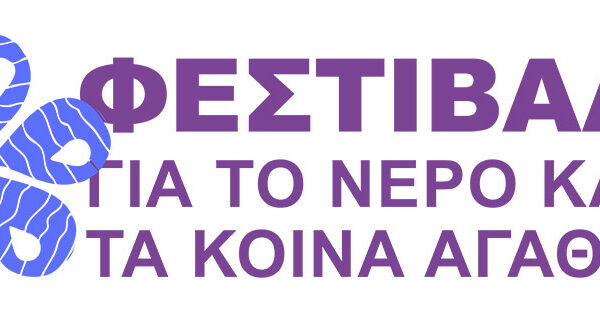A state of shock is something that happens to us not only when something bad happens. It’s what happens to us when we lose our narrative, when we lose our story, when we become disoriented. – Naomi Klein

Source: http://www.kth.se/
The KTH Environmental Humanities Laboratory, in collaboration with the Rachel Carson Center and the Nelson Institute Center for Culture, History, and Environment at the University of Wisconsin, Madison, is currently seeking submissions for the Stories of the Anthropocene Festival (SAF), which will take place on the 27, 28 and 29 of October 2016 in Stockholm, Sweden.
We invite scholars, artists, writers, filmmakers, and activists to propose a single story that can represent or encapsulate the Anthropocene. We welcome stories from all possible angles and scales, rejecting any pre-constituted hierarchy between fiction and non-fiction, local and global, scientific and vernacular, academic and pop.
Deeply rooted in the storytelling tradition of the humanities, SAF seeks to reclaim the power of narratives to shape and understand the world beyond the dualities of possible/impossible, material/immaterial, real/imaginary.
The Anthropocene has developed a dual career, firstly as a geological term and secondly as a cultural term. It is open whether geologists will find the precise stratum where the Anthropocene began, and if the geological community will agree on the Anthropocene as a new epoch in Earth history. In many fields of the humanities and social sciences and also in the public, however, the Anthropocene is already an established concept that is only gaining momentum in newspapers, museums, and other public arenas.
As environmental humanities scholars, we believe that the Anthropocene is composed of layers of stories as well as CO2 emissions or atomic fallout. The Anthropocene is essentially a narrative about the interventions of humans on a planetary scale; it is a story written into the rocks and into the atmosphere. The Anthropocene has the ambition to overcome the dichotomized narratives of human societies versus nature, proposing a narrative embodied in the Earth.
In November 2014, a group of scholars and artists convened at the University of Wisconsin, Madison, for the Anthropocene slam: A Cabinet of Curiosities. In a playful and creative way, presenters introduced objects that they felt embodied the Anthropocene. The Slam was then translated firstly into an exhibition, the Anthropocene Cabinet of Curiosities, on display at the Deutsches Museum in Munich, and secondly into an edited volume.
SAF builds on and aims to recreate the experience of the Slam. SAF challenges participants to exit their comfort zone and embrace an imaginative and inventive mode with the ambition to engage with a wide audience.
At SAF, participants will have 30 minutes to narrate or tell their story to the public in any format, including (but not limited to) video, dance, song, or theater. The audience will select their favorite stories, and these will be curated into an online platform, the Anthropocene Library. Please see below for submission guidelines.
To Apply:
Abstracts should include the source of the story, the format of the presentation, how the story fits with the theme of SAF, and any technical or other support you may need. There are two methods by which you can submit an abstract:
- Written abstract – please provide a 250-word abstract with the above information.
- Video abstract – please send us a link to a max. 3-minute long video including the above information.
Along with your abstract, please also provide a max. 250-word accompanying biography, including your contact details.
Send all submissions with the title ‘SAF submission’ to [email protected] by Wednesday the 15th of June. If you have any questions, please contact [email protected]. The results of the selection will be communicated by July 15th.
A limited amount of funding is available to cover partially travel costs of participants. Please make sure to include a request for funds in your application if needed.






Reblogged this on China's Rural Land-Use: Notes from the Field and commented:
‘Stories of the Anthropocene’ Frestival seeks to reclaim the power of narratives to shape and understand the world beyond the dualities of possible/impossible, material/immaterial, real/imaginary.